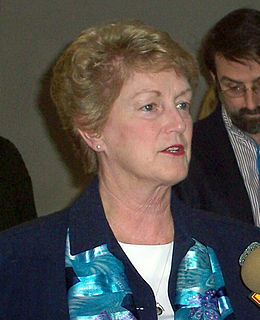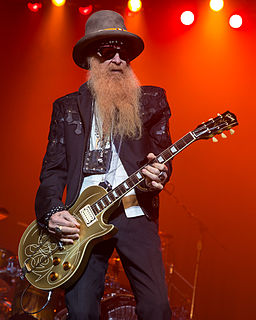A Quote by Jonathan Zittrain
Digital books and other texts are increasingly coming under the control of distributors and other gatekeepers rather than readers and libraries.
Quote Topics
Related Quotes
One potential long-term problem with many current digital libraries is that they grew out of and aresupported by bricks-and-mortar libraries. Although there is nothing inherently wrong with that arrangement, inreality it creates a potentially dangerous situation that I call "the other digital divide."
We all know of the dangers and inequities of the traditional digital divide: People who have good access tocomputer networks have a distinct advantage - in terms of both life opportunities and quality of life, I wouldargue - over the vast majority of the world's population that does not yet have good access to computernetworks. The "other" digital divide points to an increasingly unstable situation that has developed inlibrarianship as digital libraries have evolved and matured.
We like to say the Internet is the ultimate library. But libraries are libraries because people come together and fund them through taxes. Libraries actually exist, all over the country, so why is it such a reach to imagine and to someday build a public institution that has a digital aspect to it? Of course the problem is that libraries and other public services are being defunded and are under attack, so there's a bigger progressive struggle this plays into.
Readers, on the other hand, have at least 7.5 books going all the time. Actually, the number of books a reader takes on is usually directly related to the number of bathrooms he has in his home and office. I am working on a survey that will show that, over a lifetime, readers are in bathrooms seven years and three months longer than nonreaders.
When we haven't the time to listen to each other's stories we seek out experts to tell us how to live. The less time we spend together at the kitchen table, the more how-to books appear in the stores and on our bookshelves. But reading such books is a very different thing than listening to someone' s lived experience. Because we have stopped listening to each other we may even have forgotten how to listen, stopped learning how to recognize meaning and fill ourselves from the ordinary events of our lives. We have become solitary; readers and watchers rather than sharers and participants.



































